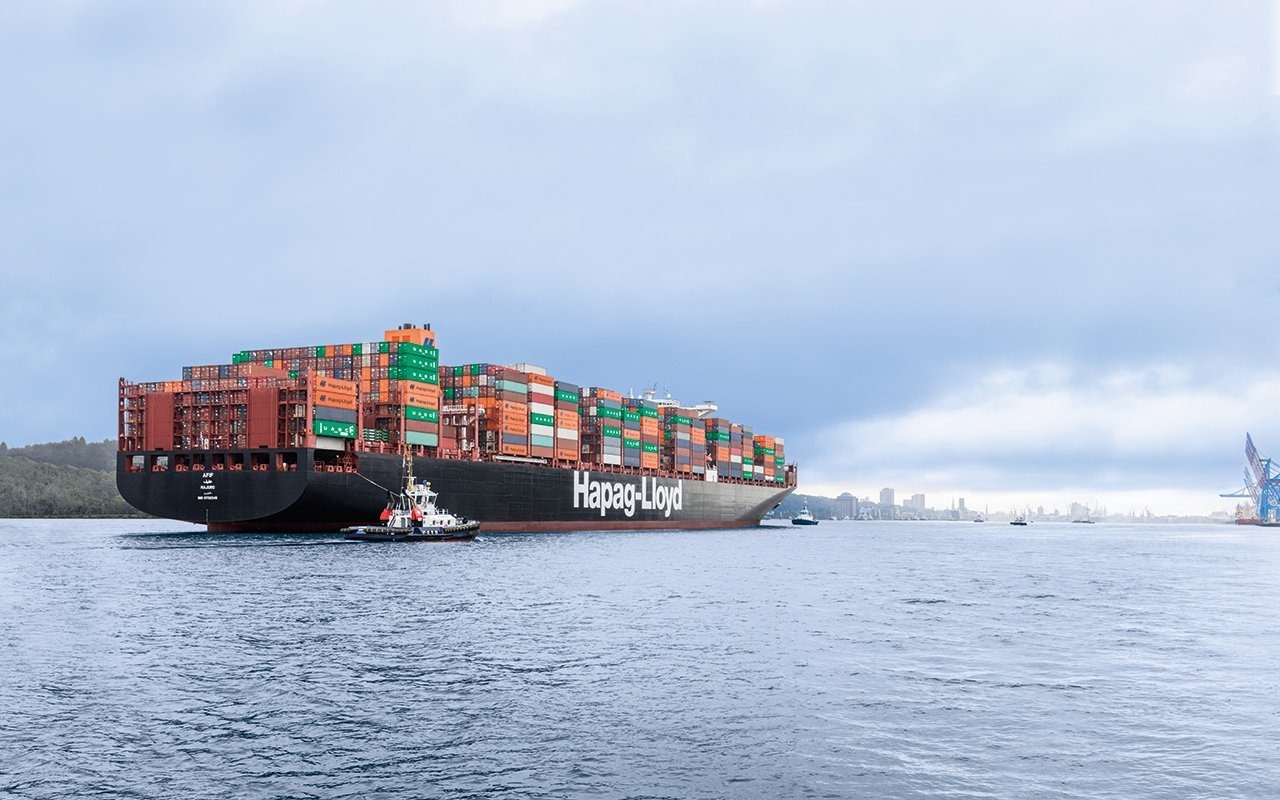
From Brexit to new geopolitical uncertainties, 2018 had seen many drivers of uncertainty on global trade. If that led to a mixed impact on Supply Chains and exchanges, 2019 could suffer more heavily from these events.
Trade War and Brexit draw a new context
In the political area, two ongoing developments have generated huge uncertainty over the economic and political perspectives for stability: the China-US trade war and Brexit political discussions. Started as a series of oral skirmishes, during the second half of 2018 the confrontation between US and China has become a full-fledged trade conflict.
This has led several institutions to downgrade the perspectives for economic growth in 2019 (for example the International Monetary Fund - IMF - predicted that global growth will be half a percentage point lower by 2020 as a direct effect of the trade war).
Along with the China-US trade war, the South China Sea became another battlefield of the two great powers, overshadowing the Malacca strait, one of the busiest shipping routes connecting Europe and Asia. Not just in Asia-Pacific: the economic sanctions on Iran since November 2018 significantly disrupted the global oil supply chain, leading to heightened volatility in the international oil market. In October, the Brent Crude Oil price ended at 75.47$/b, while in November, the price had dropped to 58.71$/b.
In Europe, the main political and economic uncertainty continues to be Brexit. The political saga that went on for most of 2018 ended up in a complete stalemate as the British Parliament has yet to approve or reject the withdrawal agreement negotiated between the UK and the European Union.
A no-deal will probably precipitate a very hard Brexit and leading to significant disruptions of European supply chains.
The Clouds of Populism
In 2018, populism certainly had a good time: the success of Movimento Cinque Stelle in Italy in March, the winning of Fides by a large margin in Hungary in August and, two months later, the Brazilian “Trump”, Jair Bolsonaro taking power.
Even thought, effects on global trade and Supply Chains cannot be assessed yet, uncertainty and distrust have reached a high level.
Trump’s efforts to find financial backing for the construction of a wall between U.S and Mexico eventually led to the on-going partial shutdown of the U.S government in December 2018, including some of the key departments overseeing international trade and customs operations.
Sustainability in Global Supply Chains
While we are seeing a fragmented world, climate change is the topic requiring international cooperation. However, progress can be seen in building sustainable supply chains. In September 2018, CMA CGM announced the order of 9 LNG vessels. Three months later, in December, Maersk set the goal to achieve zero carbon emission by 2050.
Sustainable supply chain is now more than a rhetoric. It will continue to be an important topic for 2019, particularly with the IMO Sulphur 2020 regulation entering into force on January 1st, 2020.
Economic Slowdown in Europe
Following some mild euphoria over the global economy in the first half of the year, economic perspectives have started to deteriorate with a weak performance in the 3rd quarter, especially in Europe.
Due to the "Gilets Jaunes" movement, France’s 4th quarter performance was heavily affected, with 2018 GDP growth forecast downgraded from 1,7% to 1,5% by INSEE (National Institute of Statistics and Economic Studies). The effects on the Transportation industry have been multiple: road blocks, decrease of business activity and fuel supply restrictions. The trucking industry has assessed the financial impact at 400 million euros.
The economic disillusion was highlighted in Germany, where the fall in GDP with respect to the second quarter of 2018 was due to some one-off factors (i.e, bottlenecks in the automotive industry due to new regulations in emission standards). However, even though official GDP data for the last quarter of the year is not yet available, higher frequency data (car registration, automotive supply chain micro data) point to a much more modest rebound than expected.

Ganyi Zhang
PhD in Political Science
Our latest articles
-
Subscriber 3 min 24/02/2026Lire l'article -
Hapag-Lloyd - Zim: a shipping deal with geostrategic implications
Lire l'article -
European road freight: the spot market is stalling
Lire l'article


